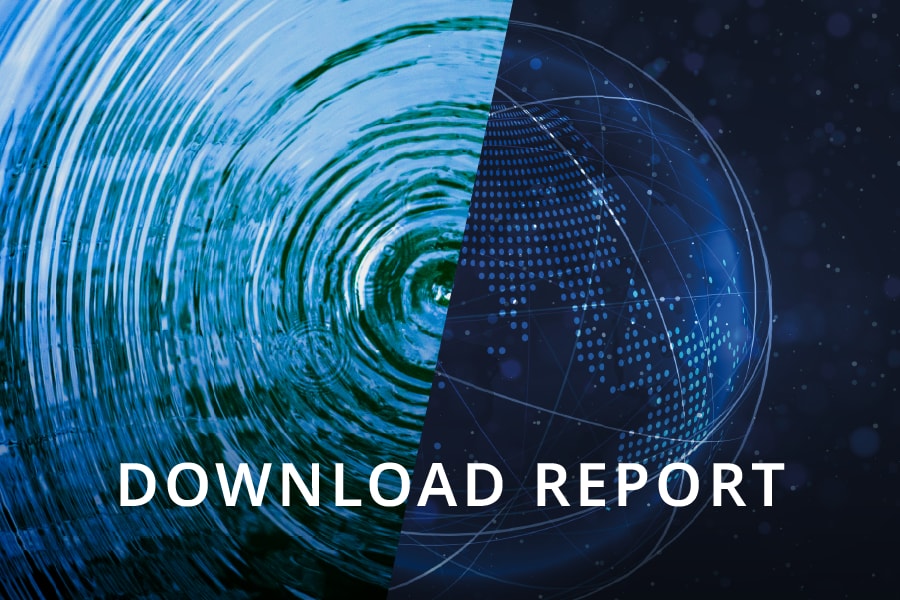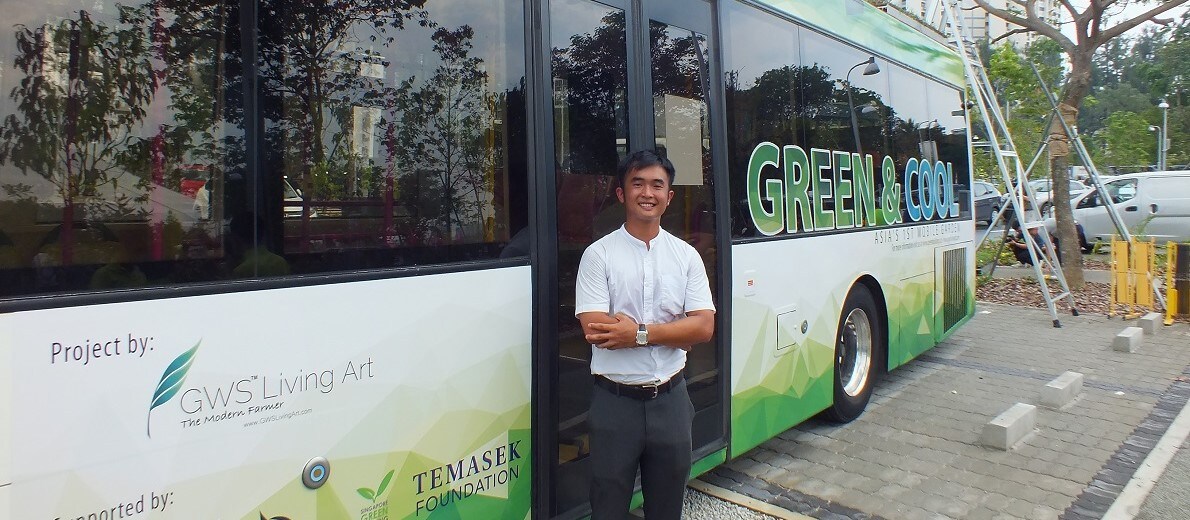Never Too Young to Make an Impact
Never Too Young to Make an Impact
Three teams of students emerged victorious from the Young Technopreneurs for a Sustainable 2030 challenge in October 2019. They will now be making a visit to Japan to learn how to develop their products further.
The sweetness of an ice-cold milk tea coupled with the chewy sensation of tapioca balls not only quenches one’s thirst from the heat, but also creates a bursting, refreshing mix of flavours in the mouth! Widely popular in the region, bubble tea has become a mainstay of the local cultures today. However, this beverage also generates enormous amount of plastic waste.
While reusable straws have emerged as sustainable solutions, there is still no alternative to plastic cups. But a trio of environmentally-savvy students from Tanjong Katong Girls School found ways to recycle these items more easily.
Andrhea San Gabriel, Faith Tan and Kitiara Ong devised a machine that washes single-use bottles and cups, allowing them to be cleaned for recycling.
Their project was one of the winining sustainable solutions from the Young Technopreneurs for a Sustainable 2030, a nationwide challenge open to students between 13 and 18 years of age. The challenge is presented by Temasek Foundation and organised by Science Centre Singapore.
The competition, which culminated with a showcase at the Singapore Maker Extravaganza in October 2019, aims to encourage students to develop sustainable solutions in line with the United Nations Sustainable Development Goals. Through the competition, Temasek Foundation seeks to inspire and empower more people, especially the young, to develop their passion and capability, as well as to build a vibrant community to address critical sustainable development issues.
Along with two Junior category winning teams, the girls behind Washing Recyclable Bottles topped 15 finalists shortlisted from 70 teams comprising over 200 participants from 41 schools. The three winning teams will head to Japan in March 2020 to explore tech start-ups and fabrication spaces.

Singapore Maker Extravaganza showcases the amazing work of all kinds and ages of makers--anyone who is embracing the do-it-yourself spirit and wants to share their accomplishments with the general public. Photo: Singapore Science Centre
Washing Up for Recycling
Recyclables are typically dumped into recycling bins without being cleaned first, which contaminates and makes them unfit for recycling.
The Washing Recyclable Bottles team realised that people were unlikely to rinse their plastic bottles and cups outside, so they built an automated bottle washer to encourage the public to go green.
“We decided to create a machine that could be implemented in public areas for convenience,” explained Faith, 16.
Users attach a bottle or cup to tubes fitted inside a glass box and watch the recyclables get rinsed before being dropped into a recycling bin.
“We made it convenient and entertaining so that kids would be interested to pick up recycling,” added Kitiara, 16, whose team had to juggle their O-Levels preparation with the competition that included an online start-up boot camp and a hackathon.
They also received public and peer feedback on possible improvements such as keeping their wires neat and making the lid less heavy for children.
“It made us think about how to overcome constraints and make our product more applicable to people,” said Andrhea, 18.
From Fruit Peels to Paper
Naga Sai sat in his room for weeks trying to figure out the electronics for his team’s Fiper project to make paper from fruit peels.
His nine-volt batteries frequently short-circuited the contraption, which consists of two flat pieces of wood supporting a third above. A brick suspended on top would then be released to crush blended fruit peels soaked with soda ash into paper peels on a board below.
“It’s frustrating when the batteries don’t work, and there’s always the smell of burnt plastic in my room,” noted Sai, whose School of Science and Technology team was joint winner of the Junior category.

The three winning teams who are behind sustainable solutions such as the Washing Recyclable
Unable to compile class for JSP:
An error occurred at line: 24 in the jsp file: /apps/temasek-corporate/components/includes/stories-listing/subscribe-temasekgives.jsp
String literal is not properly closed by a double-quote
21: final String captchaError = slingXSS.encodeForHTML(valueMap.get("captchaError", "Please confirm that you are not a robot."));
22: final String consent = valueMap.containsKey("consent")?valueMap.get("consent", String.class):null;
23: final String googleReCaptchaSiteKey = sling.getService(ReCaptchaService.class).getSiteKey();
24: final String api = "https://temasek.us13.list-manage.com/subscribe/post?u=c6e8202786088f7032c129736&id=4d4b53142f&SIGNUP=" + request.getRequestURI()";
25: %>
26: <div class="news-insights-overly" data-is-temasek-gives-check="true">
27: <div class="news-insights-wrapper">
Cannot serve request to /content/temasek-corporate/en/news-and-resources/stories/community/Young-Technopreneurs-Sustainability.html on this server

